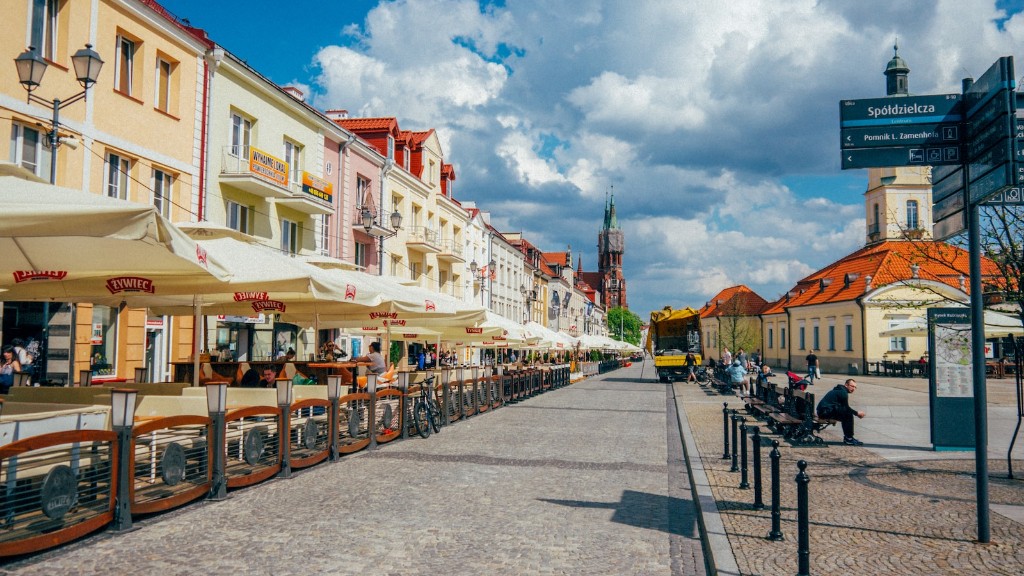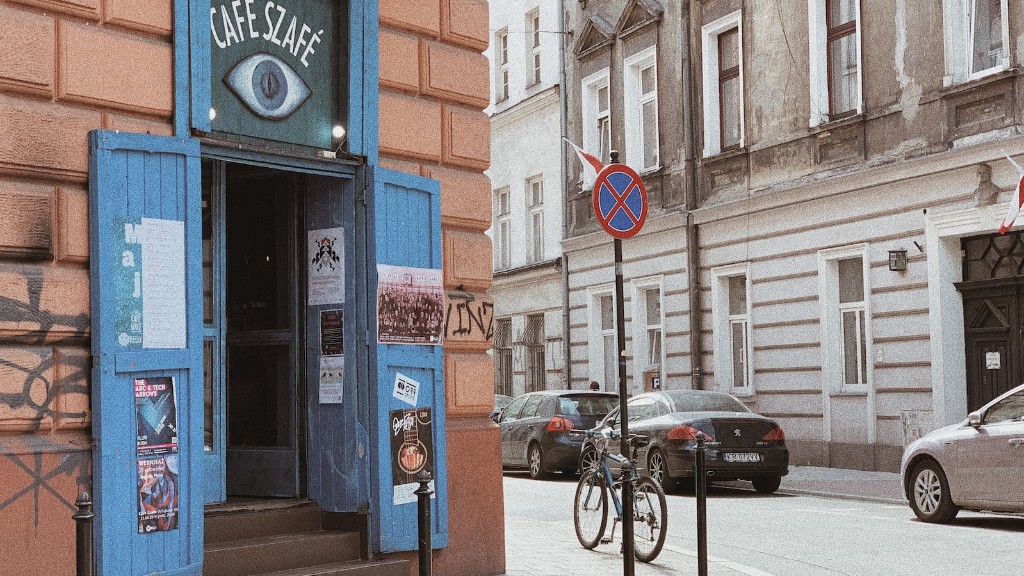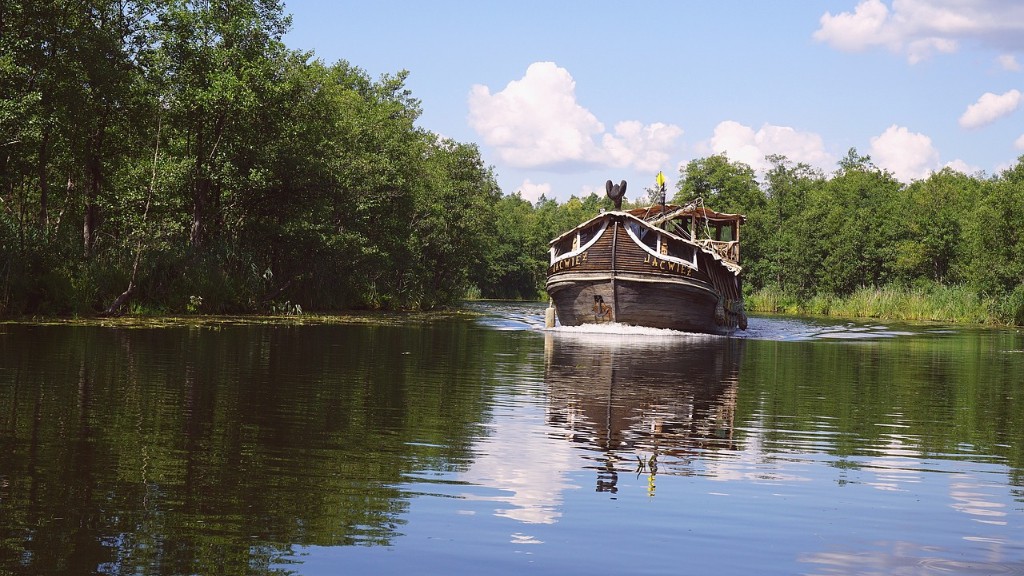Germany Attack Poland
In the start of World War II, Poland was among the first countries to have faced the wrath of Germany’s military aggression. The German Army, along with the Air Force, entered the territory of Poland with the objective of overthrowing the Polish government, forcibly conquering its cities and towns, and setting up a new system of governance within its boundaries.
On the 1st of September 1939, the Germans had invaded Poland executing the Blitzkrieg Strategy, which stands for ‘Lightning Warfare’. As a result, within two days, three separate German armies had already crossed the border that divided Germany and Poland. Moreover, a fourth Army was put together to march towards the Baltic region. The Polish Army and Defense Forces were not equipped to carry out an effective defense against the stronger, more advanced German forces.
The Nazis had carefully plotted their strategy for invading Poland. They had arranged for their Air Force, known as the Luftwaffe, to attack Poland’s airfields, air defense systems, communication links, and strategic points to quell the Polish military’s morale. Moreover, advanced armor and mechanized infantry were to launch a ground offensive as soon as possible.
Apart from the Nazis, the Soviet Union also played a major role in the invasion of Poland. According to the Ribbentrop-Molotov Non-Aggression Pact, a secret treaty between the two giants, Germany and the Soviet Union recognized the Polish borders and promised to respect each other’s claims. However, in 1941, Joseph Stalin betrayed this treaty and transmitted secret orders to the Red Army to march into Poland. This move prompted an immediate reaction from the Wehrmacht, and Stalin consequently decided to join the war. Despite signing a non-aggression pact with the Nazis, the Soviets attacked Poland on 17th September 1939. This was motivated by Stalin’s desire to avenge the past and expand the boundaries of the Soviet Empire.
Even though Poland made several attempts to resist Germany’s aggression, the country fell for a second time in 1945 only to be occupied by the Soviet Union. In spite of this, the bravery shown by the Polish troops during this traumatic period and the fight for freedom has been remembered in the annals of history.
United Kingdom Involvement
The United Kingdom remained passively involved in the invasion of Poland by Germany. On 31st August 1939, two days before the invasion, Great Britain and France had declared war on Germany with the intention of challenging the Nazi regime.
However, neither sought out to help Poland in this troubling time. The British and French governments had issued a joint ultimatum with the expectation that the German armed forces would withdraw from Poland. As the Germans didn’t respond positively to this warning of military retaliation, both British and French governments declared war. However, without taking much initiative in defense of the neighboring nation, the two bailed on Poland, strengthening the chances of its invaders.
The British and French governments had chosen a strategic approach towards the invasion of Poland. Nevertheless, due to quicker and much organized defense measures, the Germans were able to break into the Polish state, occupying cities and setting up camps allowing them to carry out actions that the international community now recognize as inhumane and atrocious.
The United Kingdom’s failure to rescue Poland is now deemed as a moral failure because of Britain’s long-standing obligation to protect Poland. It was this moral failure of the two governments that facilitated the Nazis to carry out their abhorrent agenda within Poland.
Poland’s Fight for Freedom
In the face of German occupation, Poland’s fight for freedom and liberty continued despite being one of Germany’s first victims. The country had already faced much repression due to its territorial occupation by Nazi Germany earlier. However, the people of Poland still held onto the spirit of freedom and fought for their nation’s independence.
The Polish government formed the Underground Movement, also known as the Polish Home Army, in 1941. This organization was composed of sympathetic civilians and patriotic military personnel who had become almost impossible for the Nazis to spot. This Underground Movement expanded its scope throughout Poland in Poland’s fight for freedom.
Most notably, in 1943, the Underground Movement had organized a mass uprising in Warsaw against the Nazi regime. This started with an attack against German troops that had taken shelter in Polish homes, propagated into an entire revolution. However, the fight for freedom failed in the face of the Nazi’s overwhelming power.
Gen. Wladislaw Sikorski, became the Prime Minister of the Polish Government in Exile in 1941. He was the main driving force behind Poland’s fight for freedom. He initiated mass campaigns in order to reach out to Poland’s citizens living outside the country in countries such as France and Britain, calling them to attention in the fight for restoring Poland.
Poland in Europe in WW2
In the wake of World War II, the European continent and, consequently, Poland went through drastic turmoil. When the war finally came to an end in 1945, the entire continent was left in complete disarray. Most European nations were the victims of incomprehensible destruction all throughout the war.
Poland was among the countries that had been worst-affected by the war and the effects of occupation. For a long time, Poland had felt the presence of Nazi control over its populace, inspiring fear, poverty, and human rights violations. After the war, a reparation process was established by the League of Nations, the predecessors of the United Nations. This organization set up initiatives to rebuild infrastructure, restore social aids, and eliminate any signs of fascism from the European continent.
Moreover, the post-war government of Poland managed to redefine its boundaries, reclaim lands that had been annexed from Germany, and stabilize the economy. By 1949, the countries of East and West Germany had been ratified and were considered significant for the growth and development of Europe.
WW2’s Impact on Poland
World War II had a tremendous impact on the country of Poland. It changed its trajectory of development overnight, leaving the country in a state of absolute destruction and people in a state of despair. Apart from the economic toll, the war had taken a physical, psychological, and spiritual toll on the population.
It should be also noted that the war brought about the destruction of an entire nation’s culture and history. Numerous valuable artifacts were lost or destroyed due to the brutality of the war. Moreover, a great number of Polish citizens were also unable to return to their homeland. For this reason, the country was subjected to significant demographic and cultural changes due to the forceful displacement of its citizens.
All in all, the invasion of Poland and its consequences had an everlasting effect on the Polish nation. Despite being the very first victim of Nazi Germany’s fury, Poland fought for its liberty while maintaining an unwavering spirit of resisting occupation, fear, and brutality.
International Condemnation of Invasion
The invasion of Poland by Germany was met with immense international criticism. Many prominent international organizations, such as the United Nations, unequivocally expressed their condemnation of Hitler’s actions. As a result of these efforts, Nazi Germany was hit with economic sanctions in an effort to limit their ability to gain any more resources for their mission.
The diplomatic efforts gained traction from the 1940s, as the US, Soviet Union, and the United Kingdom increased their efforts in providing assistance to Poland and other nations in Europe. This initiative to restore the rights of the Polish people was known as the Atlantic Charter. Subsequently, the United Nations was formed in order to combat the spread of Nazism.
By the 1950s, the world had come to terms with the truth concerning the horrific actions that were taken by the Nazis. International judicial bodies, such as the Nuremberg Tribunal, were set up to try those who were responsible for the Holocaust. The Warsaw War Crimes Trials, which were held in Warsaw in 1948, were a part of the tribunal.
The Tribunal proclaimed the Nazis’ actions against the Polish population unlawful and condemned their acts of aggression against the European nation. With the international community in uproar, a message was sent out to the world, claiming that the travesties inflicted on Poland and other countries by the Nazi regime were never to be repeated.
Social & Economic Ramifications
The invasion of Poland by Germany caused economic damage of a monumental degree. During World War II, the country had faced the complete destruction of their physical infrastructure, annihilating the industry and factories, ripping the infrastructure of cities apart. The international community estimated the economical loss post-war to be around $42 billion US dollars.
Apart from this, the people of Poland had to bear the mental, psychological, and emotional damage inflicted by the war. It was estimated that the war had taken the lives of over 6 million people from Poland. This population loss had a direct effect on the descendants of the country’s population, who had to grow up in its aftermath. It was reported that due to the conflict, around 1 million children in Poland had to be sent to orphanages and refugee camps.
Furthermore, Poland also had to bear the cost of recouping its losses. The country dedicated a considerable portion of its gross domestic product towards re-establishing the infrastructure that had been damaged during the war. Additionally, efforts were made to improve its urban landscape and social customs. However, the damage incurred was irreversible.
A Sad Legacy for Poland
Although the atrocities and destruction brought about by World War II have been condemned by the International Community, the sad legacy of the war remains in the consciousness of the Polish people. The invasion of Poland and its aftermath is nothing but a reminder to the world of the darkest hours of human history and a reminder of the lives that were sacrificed and lost due to Nazi oppression.
The effects of the war are still visible today. Even though the Poles have picked themselves up and gone on to rebuild their country, the shadows of this unforgettable episode in history still linger over Poland. The invasion will be remembered not only as a painful period ofPolish history but also as a lesson to the world.





